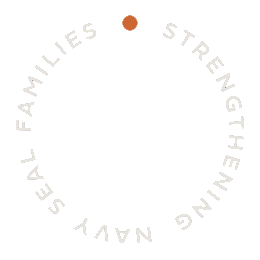
Something Good Could Happen: The True Definition of Optimism
By Dr. Glenn Fox, C4 Foundation Chief Science Officer
What comes to mind when you think about the word, ‘optimism?’ For many, it conjures up the association with a ‘glass half full’ mentality, or someone who sees the world through ‘rose colored glasses.’ Optimism is often used as a dirty word to mean that someone who is optimistic is positive all the time and does not engage with life’s difficulties.
In research, however, optimism has a different, and much more powerful meaning. Research has actually shown that optimistic people show lower levels of denial, higher mental toughness, and better physical health. So, what has research shown that optimistic people actually do differently? As it happens, optimism is not believing things are great when they are not. Optimism is the belief that what we do today can make tomorrow better, even if today is particularly difficult. Optimism is taking stock of whatever resources we have, and realizing that we usually have more choices than we think we do to make things work, such that things can improve over time.
Optimism is a central tenet of the C4’s FROG program (Families Reconnecting through Optimism and Gratitude). We embrace optimism by showcasing the true difficulty of a life of service in the NSW community. And in so doing, provide respite through programs that help families enjoy today, and remind themselves that with some work, tomorrow will be a bit better, or at the very least we will have a little more room to cope and enjoy the moments we can spend with our family, the memories of great times together, and the good things to come.
We can also practice optimism right now. Sit with a pen and paper for five minutes and write three things you’re looking forward to in the next days, weeks, months, or year. Now, look at each of those things and focus on the small steps necessary to make them a reality. Rather than saying, ‘I’m looking forward to the end of the school year’, or the ‘end of a deployment’, focus on saying, ‘I’m looking forward to submitting my grades at the end of the semester’, or ‘I’m looking forward to showing my partner the new plants I planted while he was away’, or to ‘showing pictures of the people that I met overseas.’
By focusing on the things that we can do at any given time to make those moments a reality, we nudge ourselves to take control of the narrative, see problems more clearly, and we make tomorrow a little more manageable and give ourselves something to look forward to. That is optimism.
Written By: Glenn R. Fox, PhD



